This is the most important topic I have ever written about. In fact, I honestly believe that it’s one of the most important subjects for our shared future. The separation of money and politics is a shift that will have a profound impact on the lives of practically every person on the planet for many generations to come.
I use the word “will”, rather than “could”, “would” or “has the potential to” because I am an optimist. I believe that we WILL achieve this goal, because the alternative is so bleak, so terrible, that there is no choice.
I’d already practically finished this article before the announcement of Ripple’s (partial) victory over the SEC, but that result is a significant boost to the cause of separating money from politics. Stay tuned for more details!
Quotes
Let’s kick off with some words from more well-known individuals than myself that set the tone rather wonderfully:
He who controls the money supply of a nation controls the nation.
James A. Garfield
Give me control over a nation’s currency, and I care not who makes its laws.
Mayer Amschel Rothschild
I sincerely believe with you, that banking establishments are more dangerous than standing armies; & that the principle of spending money to be paid by posterity, under the name of funding, is but swindling futurity on a large scale
Bank-paper must be suppressed, and the circulating medium must be restored to the nation to whom it belongs.
Thomas Jefferson
The American Dream (of Economic Freedom)
I’m not American (I’m British-born and have been resident in Spain for most of my adult life), but I am fascinated by the juxtaposition between what the USA was MEANT to be and what it has actually become.
It is often discussed how the USA was founded on principles of “liberty, free speech, freedom of religion, due process of law, and freedom of assembly”. However, nowadays there is little to no mention of the other major driving force behind the movement for independence from the European superpowers of the day; economic freedom.
While I am by no means an expert on the topic, I have read enough to know that people were sick and tired of the control that the Old Continent’s bankers were exerting on the monarchs and politicians of the time who, in turn, applied ever-growing financial burdens on their subjects/citizens in the form of taxes and the like which, essentially, made the general population poorer and poorer, while the bankers grew ever wealthier.
Of course, as always, the bankers used a combination of carrots and sticks. The carrots in the form of bribes, preferential treatment for loans and so on; the stick in the form of threats of interest hikes on loans or simply cutting off lines of credit. Let’s not forget that private bankers have been bankrolling military coups, wars, political upheavals and takeovers for centuries!
The Founding Fathers of the USA were adamant that this could not – must not – happen in their freshly independent nation.
How’s that turned out? I would argue that the USA is currently more like the old Europe they wanted to escape from than Europe is nowadays. Not that modern Europe is a magical flower garden. It’s not.

The Political-Banking Class
Fast forward to the present day and I am deeply saddened to report that the vast majority of the planet’s economy is run on a fiat-based system, with money supply being controlled by… well, by whom exactly?
This is not the medium for a long-winded analysis, but the summarised version is that there is a “class” of people that make decisions about when more money should be printed, when interest rates should be pushed up or down…
One sub-group of these people – the politicians – “depend” on the general population to vote for one group of them or another. This leads to a total lack of long-term planning, with opposing groups effectively using the buying power of normal people’s income and savings as a tool to earn votes.
Another group – the bankers (I include central and commercial banks here) – are unelected and the whole system is unbelievably opaque in terms of who owns what, who stands to gain from which decisions and so on.
These two groups inhabit the same space, they go to the same restaurants, they attend the same parties and their children attend the same schools.
Even if we assume that they don’t have anything but good intentions, the fact that they are so very deeply intertwined, and with such a high level of social homogeny, makes it nigh on impossible for them to see beyond their privileged bubble to what their actions cause out in the real world. I’m not just talking about very poor or working class families here. Even relatively well-to-do business owners that are not a part of the political-baking elite suffer greatly from the decisions that are made and the instability that this system creates.
Control, Control and More Control
The Political-Banking class are doing just fine. They have created a system in which they win whatever happens. However, there are windows in their metaphorical palace and they have noticed that there are more and more angry faces out there.
So, how can they make sure the status quo is maintained? Ever-increasing levels of control over the population. How can they do that? Watch and squeeze!
We live in a world in which most of the physical work is now done by machines. A tiny fraction of developed countries’ populations work in agriculture, which used to be over 90%. We are able to grow more than enough food, build more than enough houses and generate more than enough energy with a small proportion of the workforce. Yet, somehow, we seem to be working more and more. Why? We have to pay for mortgages, consumer loans, credit cards, taxes, fees, tolls… The list goes on. At what stage will all the technological advances result in LESS work? SImply put, if we carry on with the current system, never.
On another note, our bank accounts are now open books to governments and public administrations. Every purchase we make with our cards is recorded, monitored and analysed. While it’s true that certain anti-fraud algorithms depend on this data, it’s also – if nothing else – incredibly creepy that everything we do is being watched.
The thirst for control even goes beyond control over individuals. Nations and whole blocs could potentially go to war in order to protect their control over the money supply.
Inflation Leeches Your Wealth
If you’ve read my back catalogue of posts, you’ll know that I believe that one of the most fundamental shifts that is necessary for the future of the global economy is a realisation amongst the general population of exactly what inflation is; it’s not things getting more expensive, it’s a currency’s buying power being diluted due to the injection of a greater money supply into circulation.
With politicians competing for votes, and bankers happy to earn interest on more loans, it’s all too easy for them to pull the trigger on more and more money printing.
When banks are bailed out, it’s being done with new, freshly minted currency from the central banks. It’s used to keep the banks solvent, but the addition of the extra currency in circulation essentially sucks value from the currency already in circulation. Think of it this way: if every USD, EUR or GBP in private hands were a gold coin, it’s as if the government allowed the banks to cut off a slither from every coin to cover their own debts, while telling the owners of the gold it’s not a problem because they’ve still got the same number of gold coins.
This being as it is, what incentive is there for banks to behave responsibly as they dish out loans left and right, while they are in a position in which they simply can’t lose; make a profit or get bailed out.
Another way to think of it is in terms of parasites sucking blood, but perhaps that would be too strong an analogy to use. Perhaps.
Interest rates are supposed to balance this out, but more often than not they’re used as a political tool. Everyone knows how political parties tend to paint a nice cosy economic outlook just before elections, right?

It’s Our Own Fault, or So They Say
Let’s not forget that, apart from controlling or at least strongly influencing the money supply, politicians and bankers also have strong influence over the media. So, what do they tell us when the results of the money printing and debt cycle cause serious real-life problems? Simple; “it’s your own fault”.
Overspending, overreaching, overeating, overholidaying, over-educating-children, over-putting-the-best-roof-over-your-familys-head-you-canning.
The cycle begins, essentially, with the population being bombarded with messages telling you that you can “buy this, interest free, just 10 small installments” or “sure, we can give you a mortgage for your dream house… wanna car too?”. These messages, either directly in the form of advertising or indirectly in the form of the narrative we see on news broadcasts, reach us via the same outlets as are used later on to tell everyone that they brought it on themselves.
People end up spending more than they should, but not because they’re insane. Banks are supposed to be the experts that people rely on for advice and support in financial matters. The reality is that they’re mega corporations with profit hungry shareholders, but that’s not how they’re viewed. Of course, the media presents them as being highly official, highly professional and highly trustworthy. If the bank says it’s OK, the average person assumes the bank knows what it’s doing and wouldn’t take the risk if they were over-spending. Logicaly, they don’t take into account that the bank has a safety net. Why would they if they haven’t ever really been taught how the whole system works?
For the record, I do agree that people overspend when banks and other financial institutions give them loans above and beyond what they can afford to spend. People want the best for themselves and their families. Human beings are dreamers. However, I also believe that there is a total lack of financial education in most countries’ education systems and that it wouldn’t happen if the odds were not so strongly stacked in favour of the lender. They’d be more careful.
The Solution; Take Financial Matters Into Our Own Hands
Now for the good news.
For the first time, we have a technology that can allow us to digitally transact with one another without the need for intermediaries.
Cryptocurrencies – non-stablecoins and non-CBDCs (which will be the topic of another article) – do not belong to a particular country, they cannot be stopped or blocked by politicians (even though they will definitely try) and nobody can create more supply on a whim (to try to swing an election in their favour, for example).
We live in a world that is ever more connected. I am often in meetings with people spanning several continents, and this is not unusual nowadays. However, the flow of funds around the world is still clunky and hindered by constantly shifting local policies as local kings and queens fight to keep control over their subjects by posting guards at the gates, charging tolls and taxes at every stage or only permitting certain courtiers to move money across the border. Blockchain technology, on the other hand, knows no borders.
I am not personally convinced that any of the current blockchains is the ultimate evolution of the technology in terms of providing a fully practical alternative for payments, but I am absolutely certain that the current chains and the cryptocurrencies on them are part of an evolutionary process that will lead to a truly free global economy; one in which money supply cannot be used as a political tool.
Conversely, this shift could also lead to a more universal recognition of a need to de-politicise other essential public services; healthcare and education being the most urgent. The further along the path this logic leads society, the closer we will be to altogether eliminating party politics. Rather than the preferences of political parties and their sponsors, we could simply concentrate on what all of us want; health, safety and wellbeing for our families.
The path will be long and rocky, there will be bandits along the way, but it is a path worth treading.
Finally, how about we all start referring to fiat money as “bank paper”, in the words of Thomas Jefferson?
Checkout clerk: “I’m sorry, we don’t accept crypto”
Me: “Ah, just bank paper, eh? Shame. I’ll go next door.”

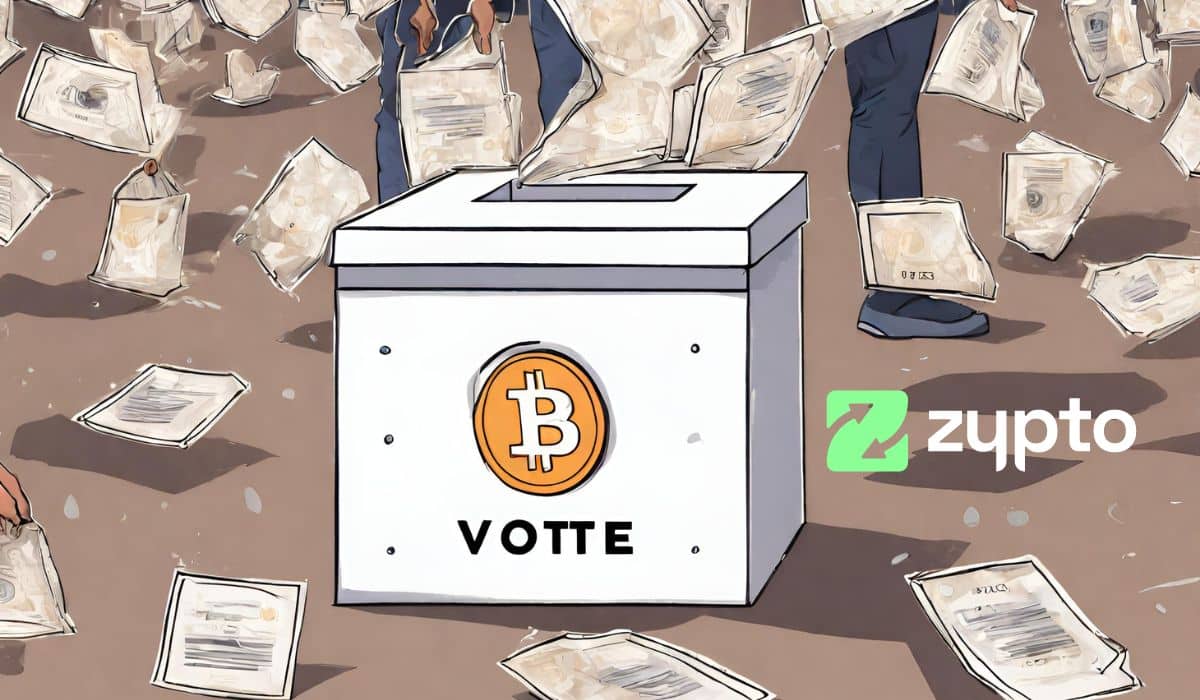
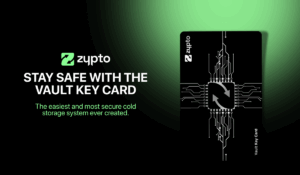


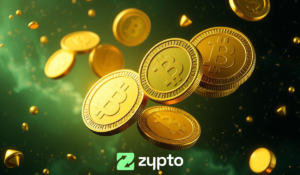
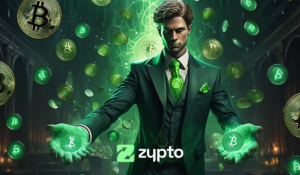
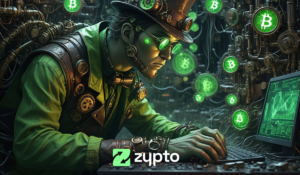
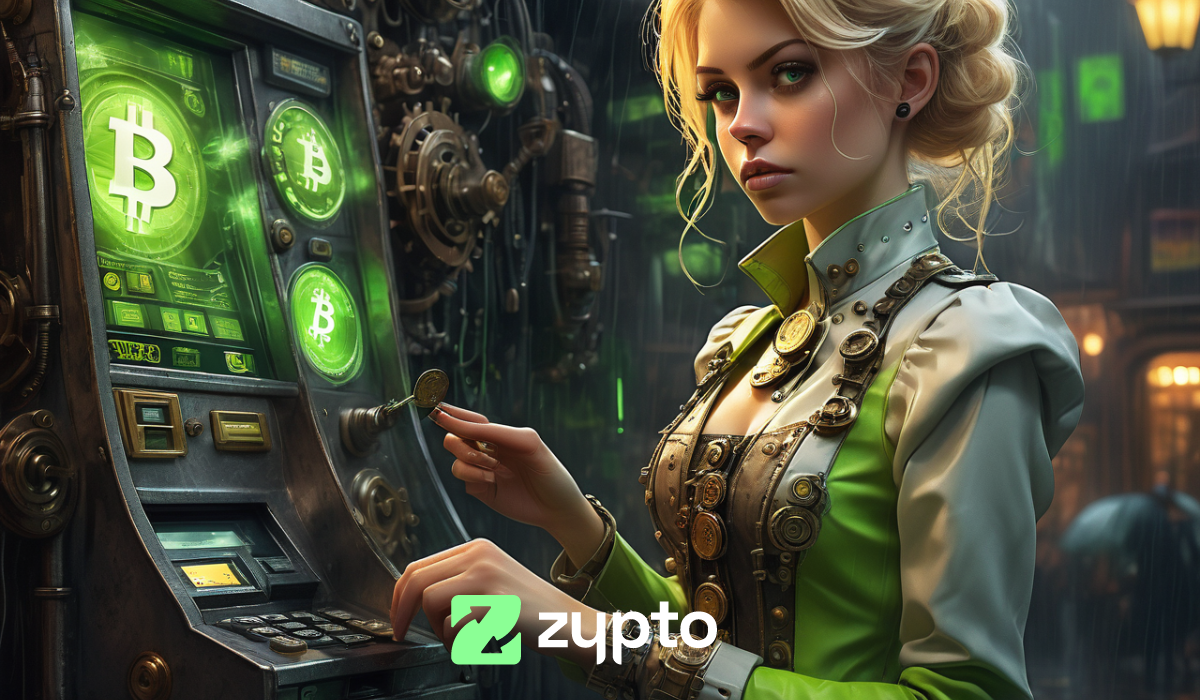
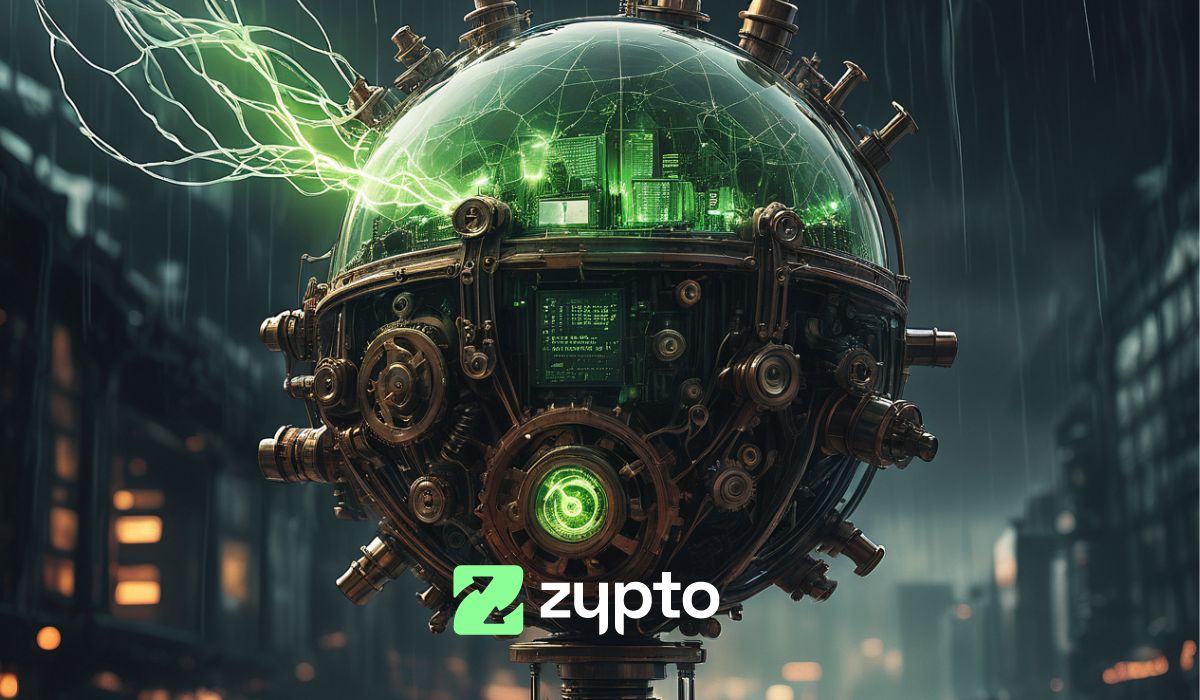

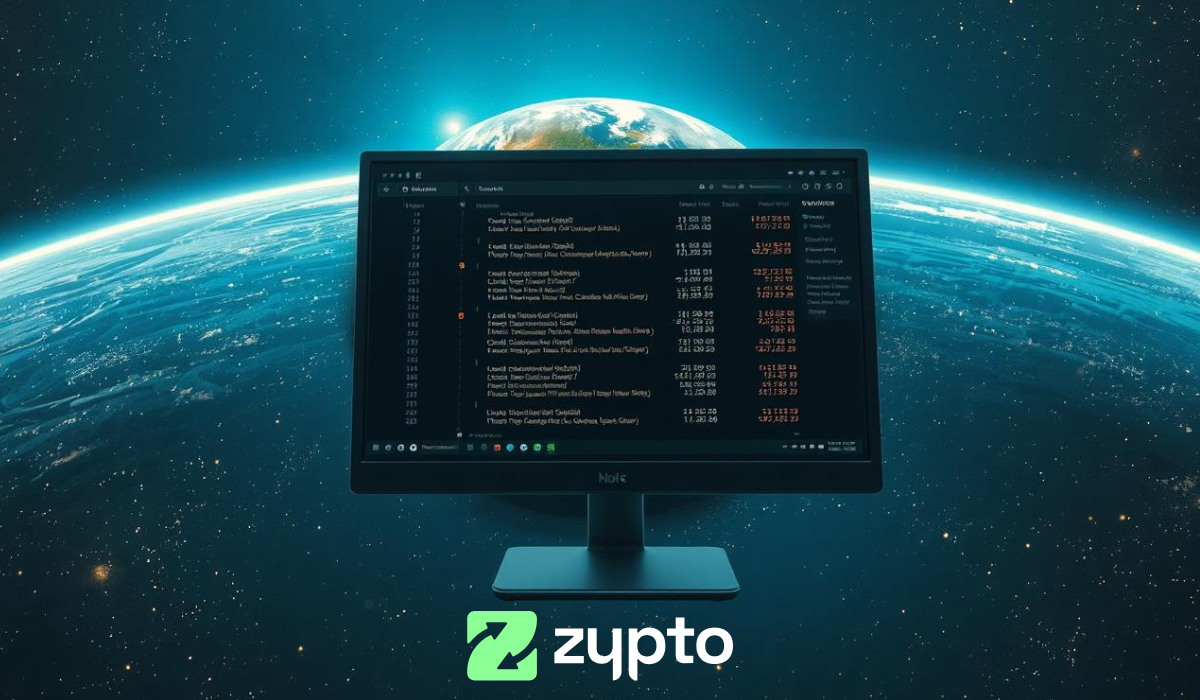
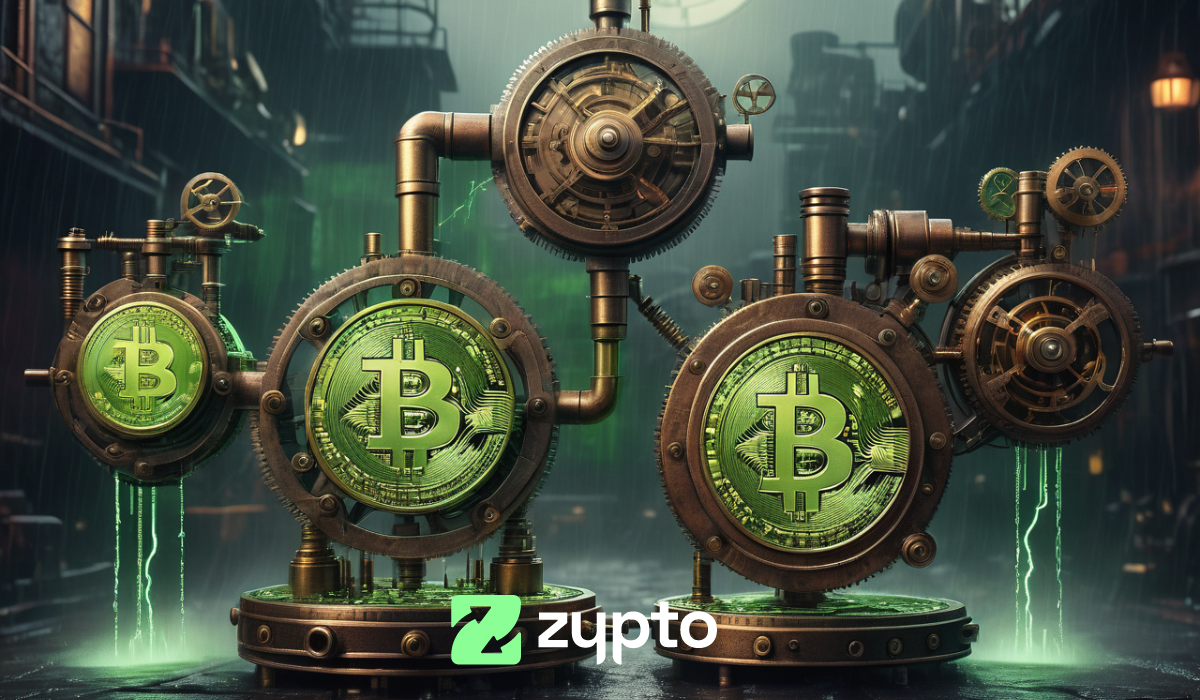
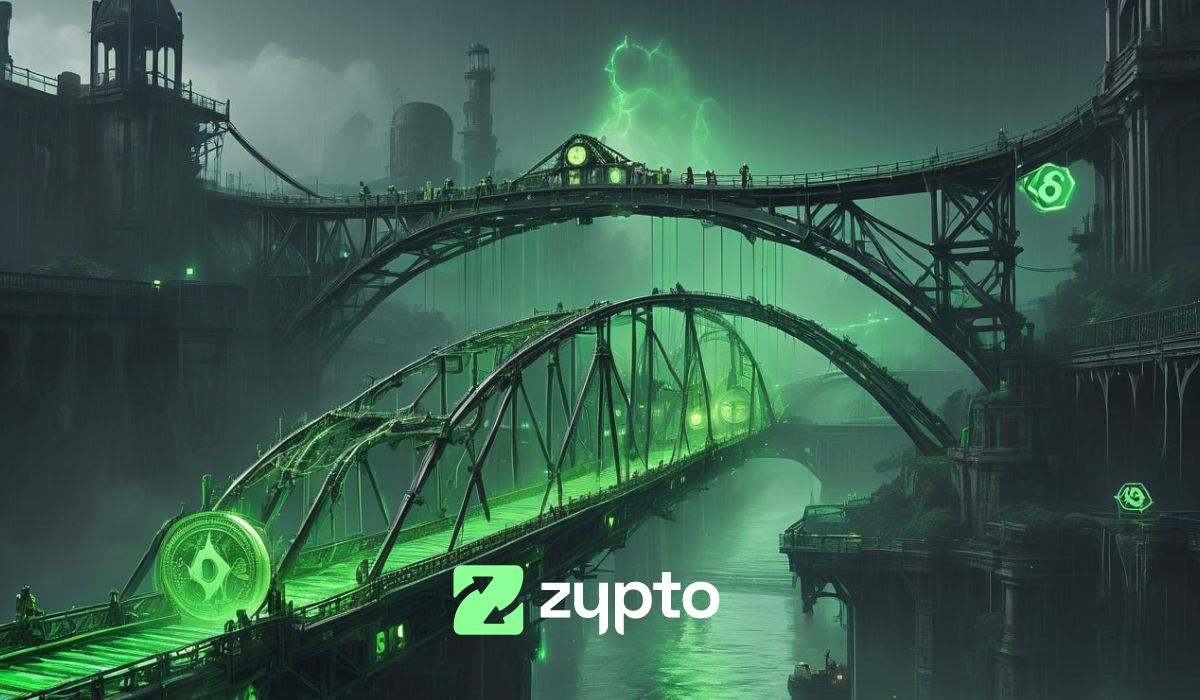
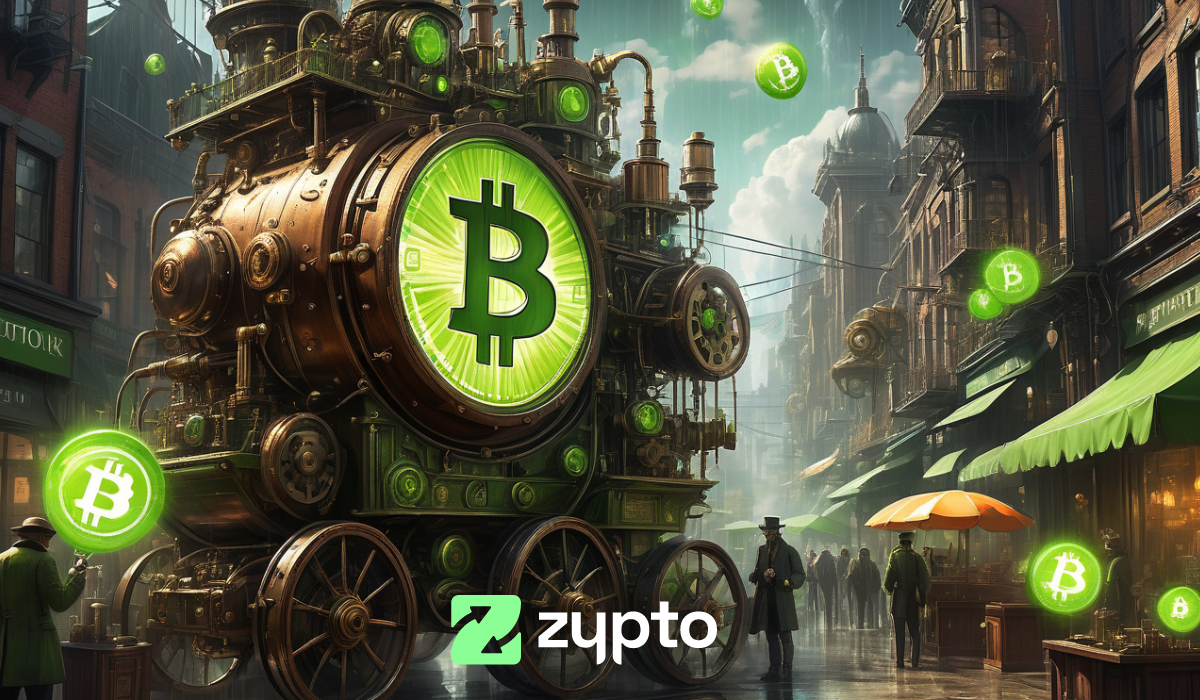

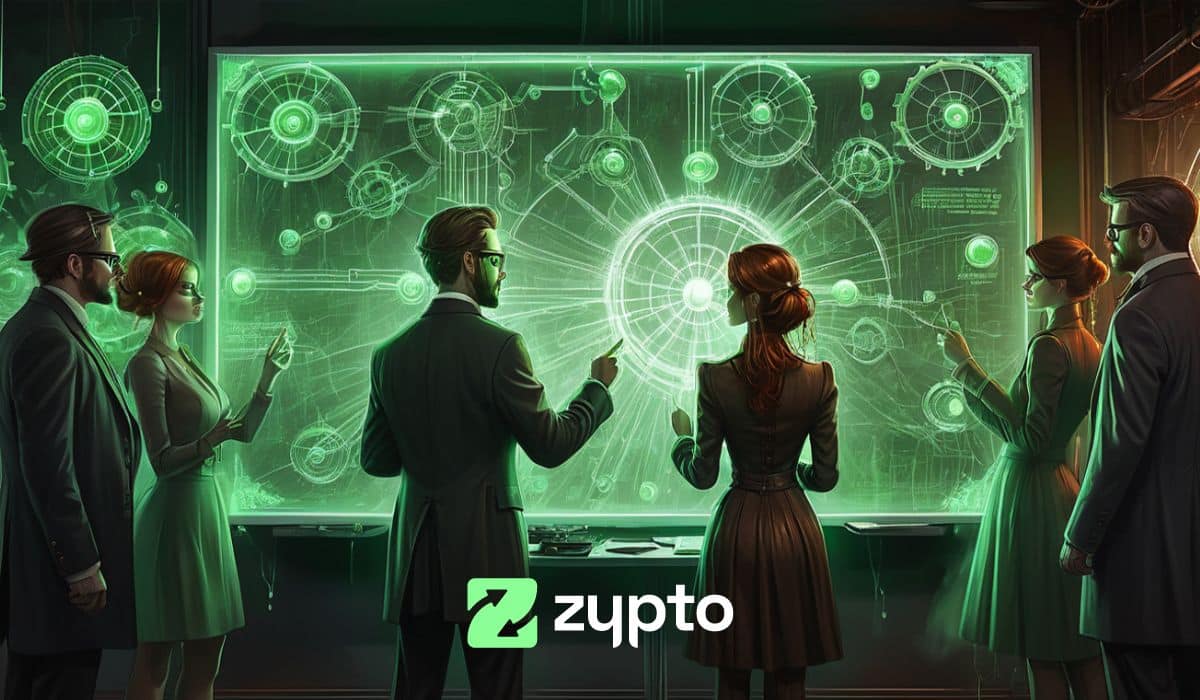
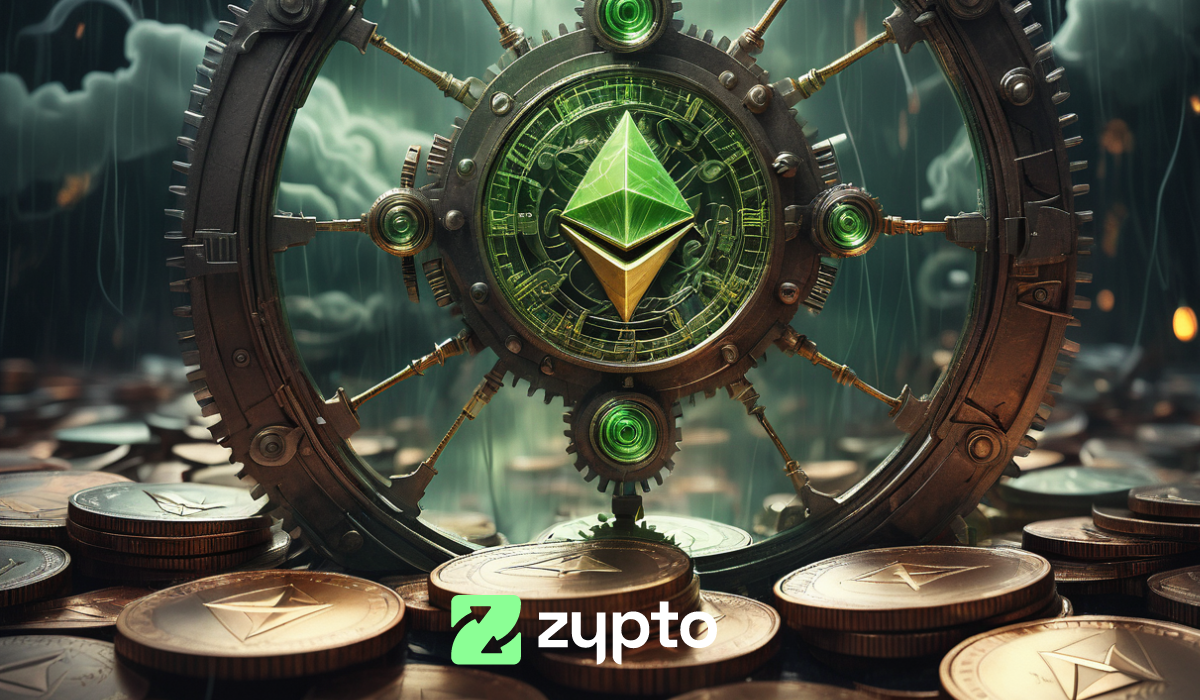
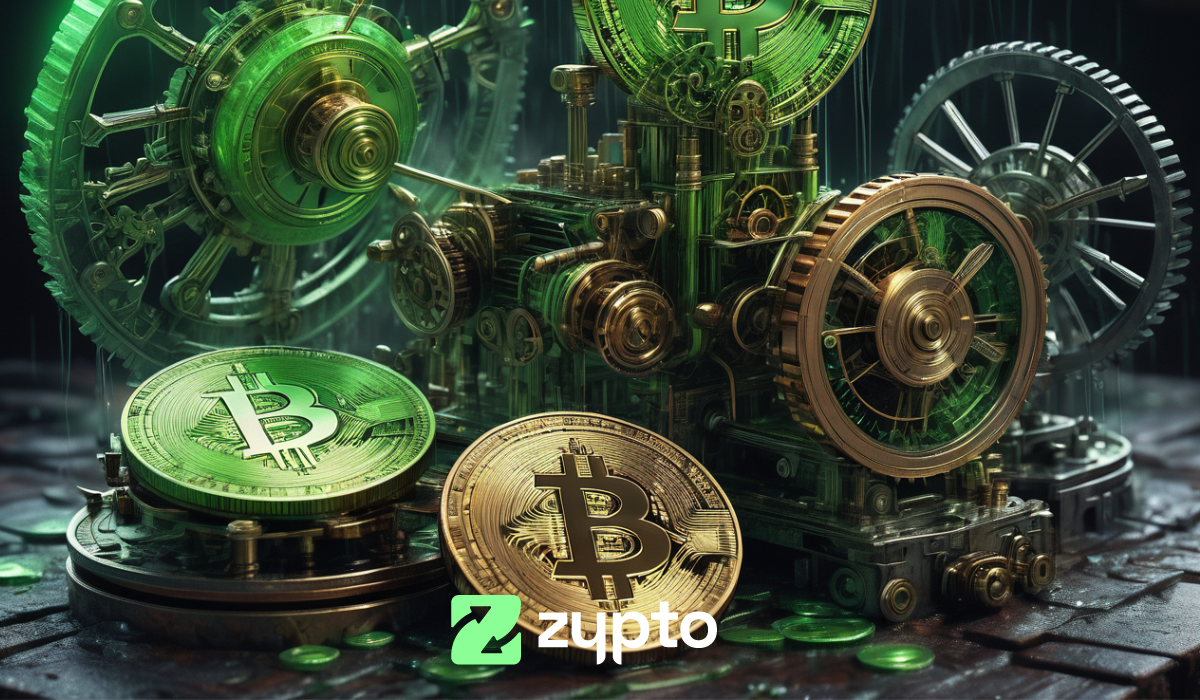
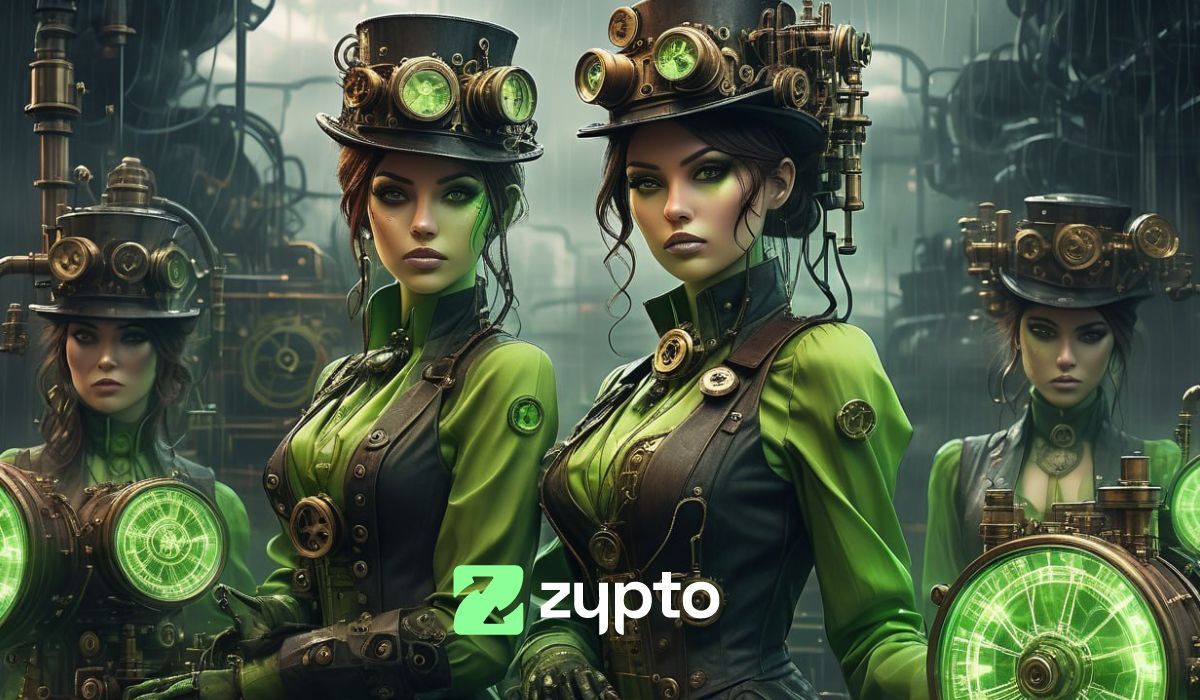
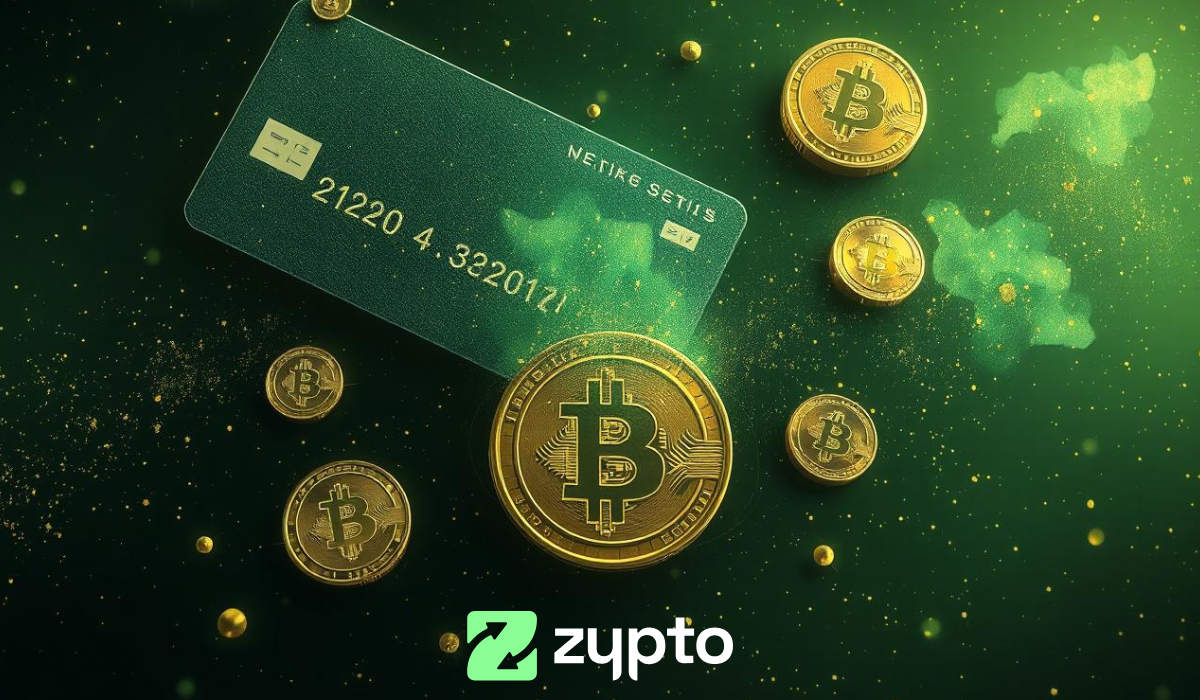
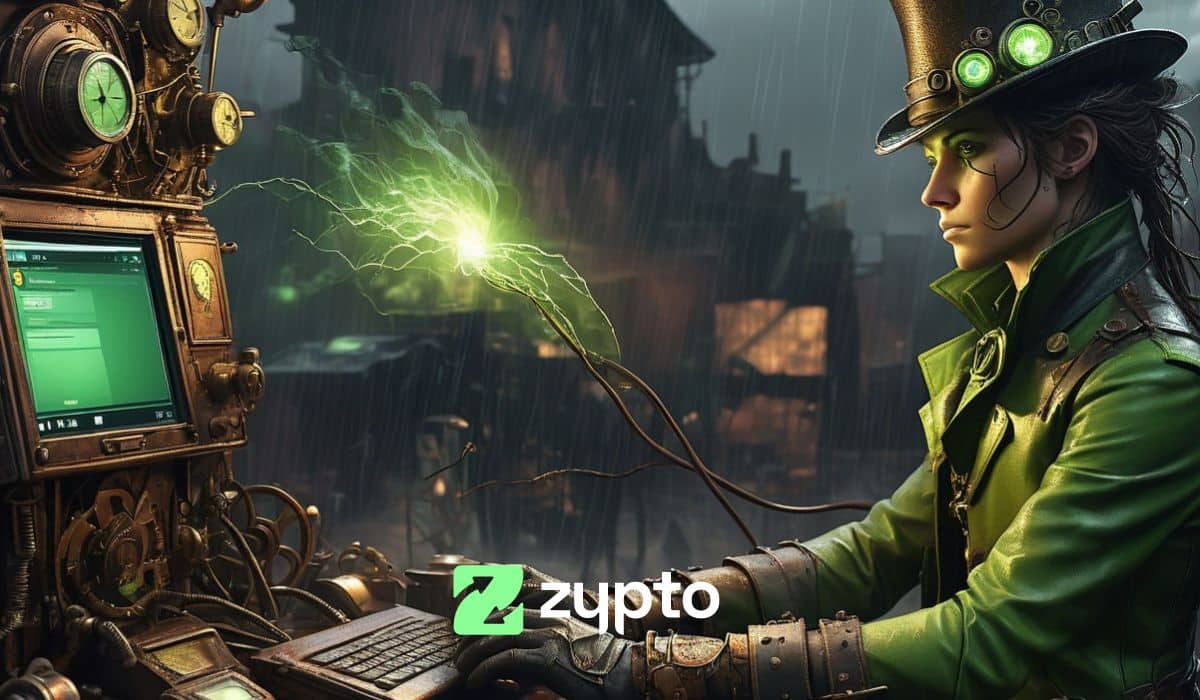
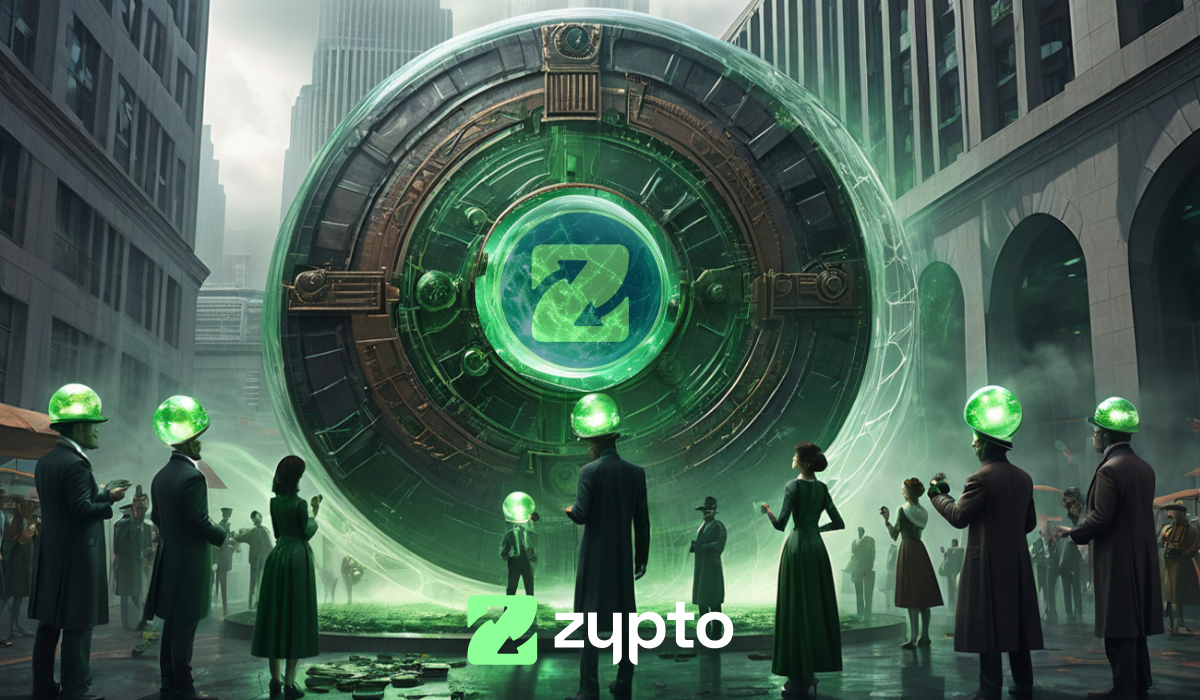
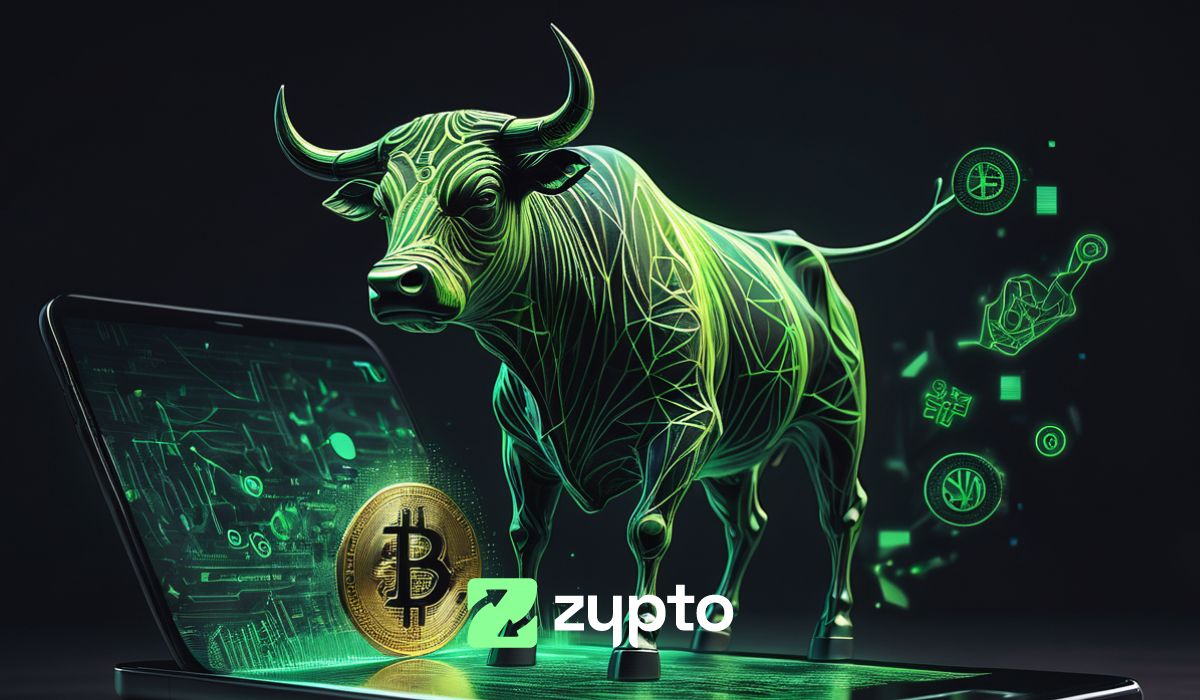
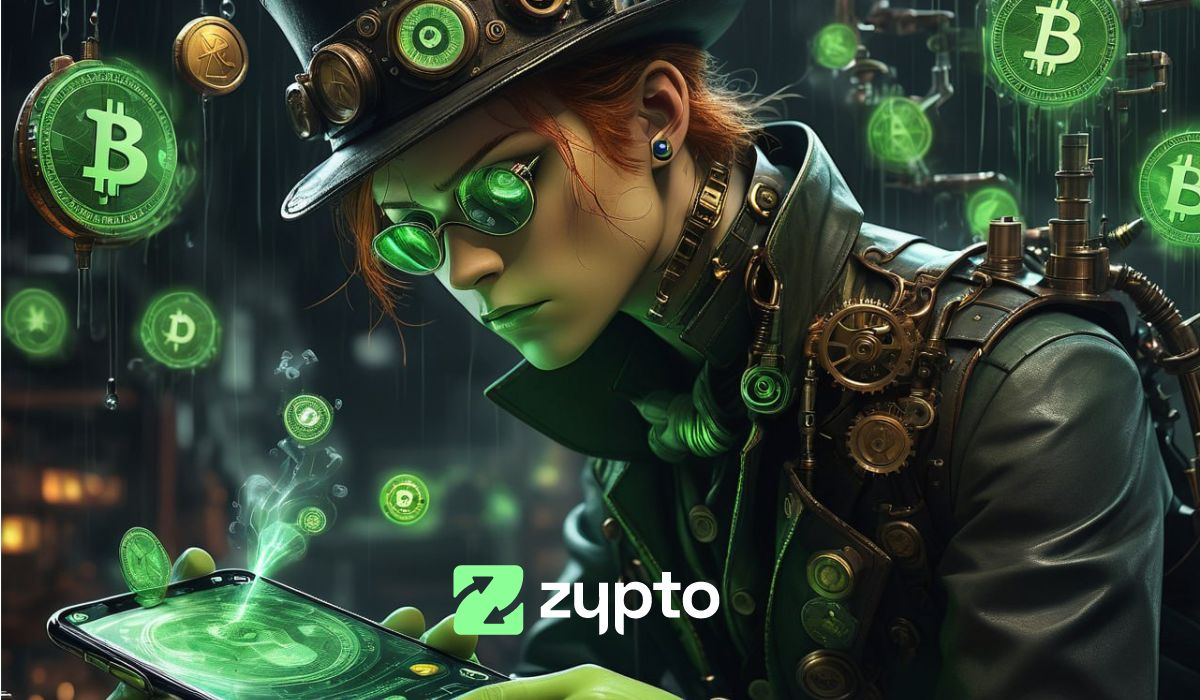
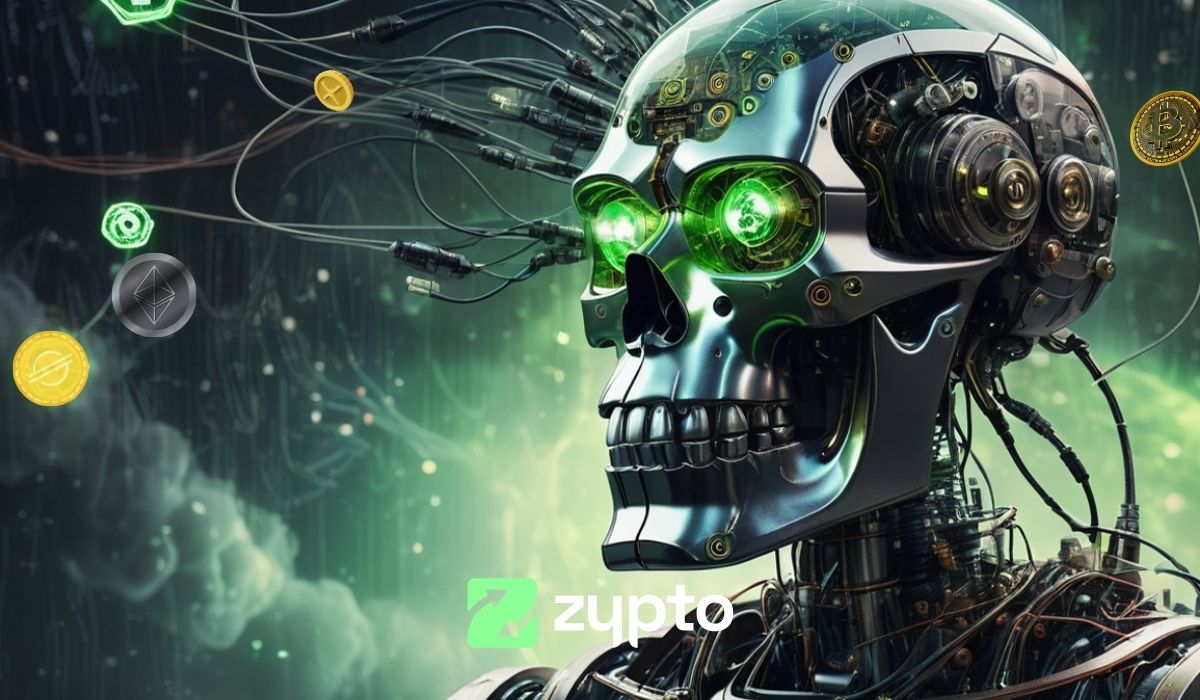
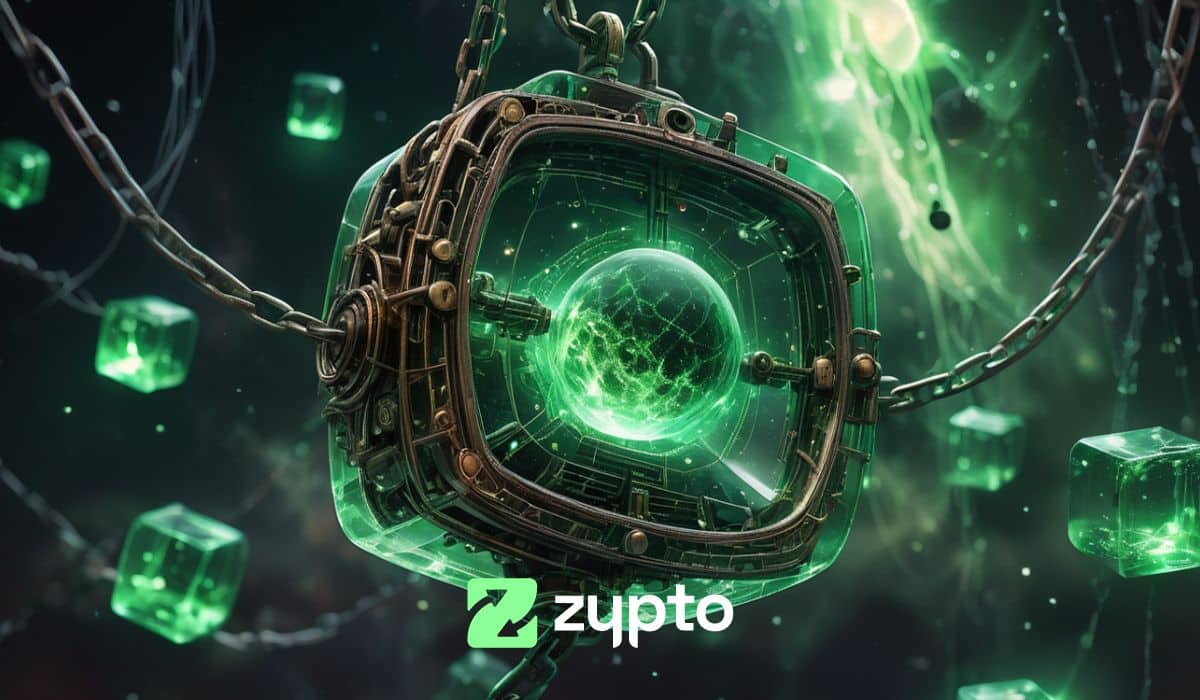
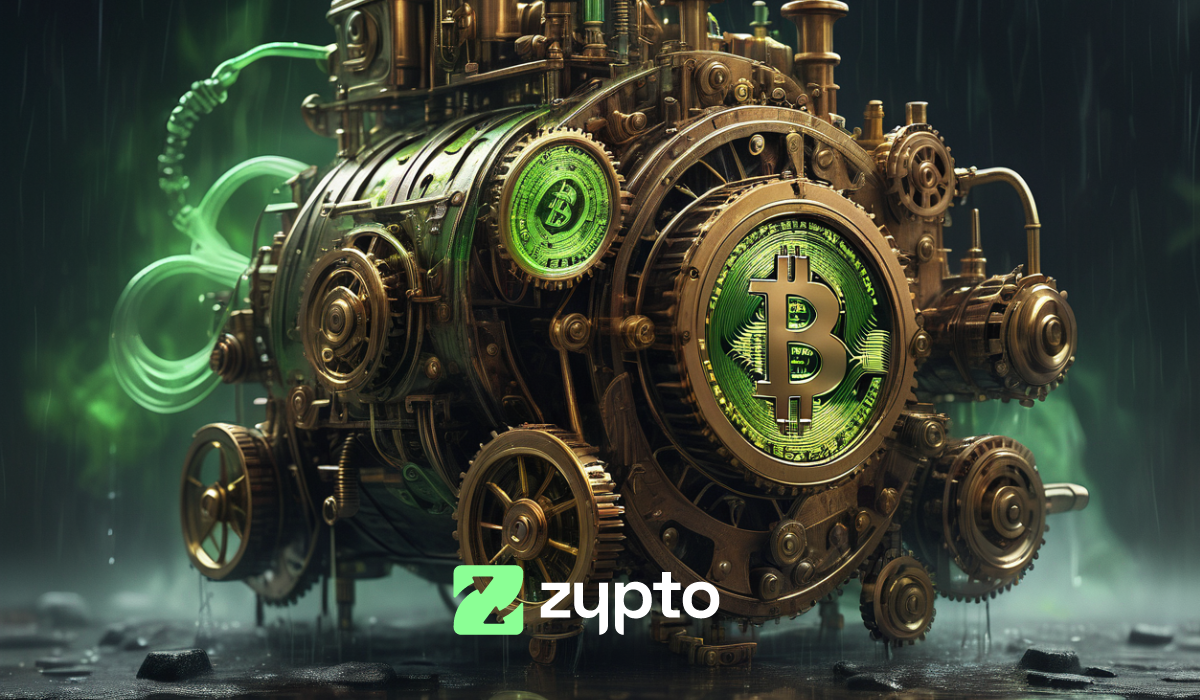



The vision of moving towards a society less influenced by party politics to focus shared priorities like health and well-being is compelling. Despite challenges along the way, embracing this path could lead to a more unified and welfare-driven community. The idea of calling fiat money “bank paper,” as suggested by Thomas Jefferson, prompts a reexamination of our monetary system’s foundations, encouraging critical reflection on the role of currency in our society.
Thank you for sharing your thoughts on the American Dream and economic freedom. It is interesting to analyze how the USA has evolved from its founding principles. Economic freedom was a major driving force for independence. The control exerted by European bankers led to financial burdens on the population. The Founding Fathers sought to prevent this. However, you express concern that the USA has become more like the old Europe. You mention a political-banking class that lacks transparency and control. This has led to increasing levels of control over the population, including monitoring bank accounts. You also discuss inflation and the dilution of currency’s buying power. Cryptocurrencies and blockchain technology offer hope for a free global economy. They cannot be controlled by politicians and could lead to de-politicizing essential public services. It is important to continue discussing solutions for economic freedom.👍🏻👍🏻👍🏻
This is one of the most interesting blogs i have ever read in my life. We share same view in many things. Love it ! #facts #facts #facts
tldr;
In this thought-provoking exploration, the author delves into the critical imperative of separating money from politics, heralding it as a pivotal pursuit for our collective future. Drawing from historical insights and contemporary observations, the article underscores the profound impact of this paradigm shift on global socio-economic dynamics. Beginning with a reflection on foundational principles of economic liberty and the divergence from its ideal in modern governance, the narrative navigates through the intricate interplay between political and banking spheres. It unveils the systemic flaws perpetuating a cycle of control, surveillance, and exploitation within the current fiat-based financial framework, where decisions are often made to serve the interests of a privileged few. The article sheds light on the erosion of individual autonomy, exacerbated by surveillance mechanisms and the politicization of interest rates. It critiques the media-driven narrative that places blame on individuals for systemic failures, highlighting the role of financial institutions in perpetuating debt cycles. Proposing cryptocurrencies as a beacon of hope, the author champions blockchain technology’s potential to emancipate money from centralized control, offering a pathway to financial sovereignty and democratized access to wealth. While acknowledging the formidable obstacles ahead, the article advocates for greater financial literacy and individual agency as catalysts for societal transformation. Ultimately, it envisages a future where money is liberated from political machinations, paving the way for a more equitable and resilient global economy built on principles of transparency, decentralization, and empowerment.